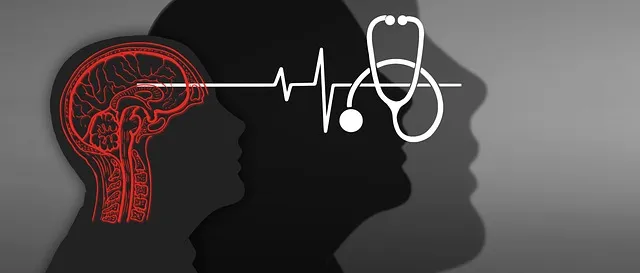The Kaiser Permanente mental health department in Golden emphasizes comprehensive risk assessment and cultural sensitivity for effective patient care. Accessible via the dedicated phone number, their holistic approach combines training, workshops, and awareness campaigns to create a safe environment. By empowering both patients and staff with coping skills and empathy, they revolutionize mental healthcare through personalized support.
Mental health professionals face unique risks in their daily practices. This article delves into the critical aspect of risk assessment within the context of Kaiser Permanente’s mental health department, a leading example of proactive safety measures. We explore how this department protects both professionals and patients through comprehensive evaluations. Key considerations and best practices are highlighted, emphasizing the importance of understanding risk factors to foster a secure environment, with practical insights available through the Kaiser Permanente mental health department phone number (provide actual number if available).
- Understanding Risk Assessment in Mental Health Practices
- The Role of the Kaiser Permanente Mental Health Department
- Protecting Professionals and Patients: Key Considerations and Best Practices
Understanding Risk Assessment in Mental Health Practices

Risk assessment is a cornerstone of safe and effective mental health practice. It involves systematically identifying, evaluating, and mitigating potential risks to patients within clinical settings. For professionals in the Kaiser Permanente mental health department, phone number Golden plays a crucial role in accessing resources and support for both patients and practitioners. By integrating risk assessment into daily operations, mental health professionals can foster a more secure environment, enhance patient outcomes, and improve overall Mental Health Awareness.
This process requires a nuanced understanding of various factors such as individual patient vulnerabilities, potential triggers within the therapy setting, and the impact of societal issues on client well-being. Professionals are urged to prioritize Cultural Sensitivity in Mental Healthcare Practice, recognizing that diverse backgrounds and experiences can influence risk expression. Through diligent risk assessment, mental health practitioners can implement proactive strategies for Mood Management, ensuring a comprehensive approach to patient care.
The Role of the Kaiser Permanente Mental Health Department

The Kaiser Permanente Mental Health Department plays a pivotal role in providing comprehensive care and support to individuals facing mental health challenges. With a team of dedicated professionals, they offer a range of services designed to enhance emotional well-being and improve lives. Located in Golden, their department is easily accessible, ensuring that those in need can receive timely assistance.
This department focuses on not just treating symptoms but also empowering individuals with Empathy Building Strategies and Coping Skills Development. They understand the complexities of risk assessment for mental health professionals and strive to create a safe space where clients feel heard and understood. Through their efforts, Kaiser Permanente aims to revolutionize mental healthcare, making it more personalized and effective.
Protecting Professionals and Patients: Key Considerations and Best Practices

Protecting both professionals and patients is paramount within the mental health department at Kaiser Permanente. To safeguard everyone involved, several key considerations and best practices must be implemented. Firstly, establishing robust communication channels ensures quick reporting of potential risks or concerns. The Kaiser Permanente mental health department phone number serves as a vital link, enabling staff to promptly connect with colleagues, supervisors, and relevant support services. This direct line facilitates timely interventions and reduces potential hazards.
Secondly, fostering a culture of ongoing training and development is essential. Professionals should engage in regular Social Skills Training and Emotional Regulation workshops to enhance their abilities. These sessions not only improve patient interactions but also equip staff with effective coping mechanisms, thereby reducing stress-related risks. Additionally, integrating Public Awareness Campaigns within the department’s strategy can further educate both professionals and patients, fostering a supportive environment that prioritizes mental well-being.
Mental health professionals face unique risks in their practice, making comprehensive risk assessment a vital component of patient care. The Kaiser Permanente Mental Health Department plays a crucial role in this regard, providing resources and support to both professionals and patients. By adopting best practices and key considerations outlined in this article, mental health practitioners can enhance their ability to navigate these risks effectively. For more information about the Kaiser Permanente mental health department’s services, contact them at [Kaiser Permanente Mental Health Department Phone Number, Golden].






